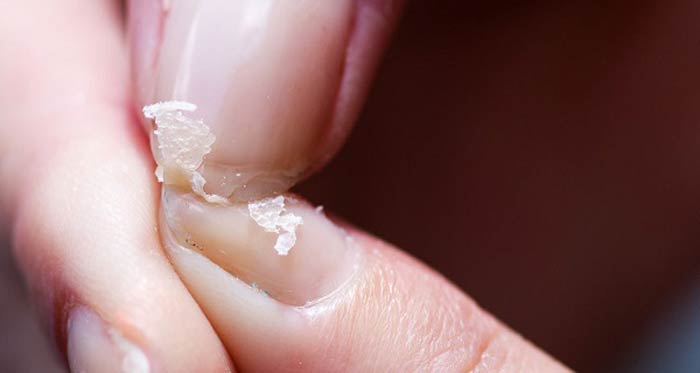Whenever you eat, you should be getting the right nutrients for your body. What we eat is usually divided in three macros which are carbohydrates, fats, and proteins. They are all essential to life and provide the daily energy we need to thrive. The required protein is essential to make you feel energetic and keep you going.
But what are proteins? Essentially, proteins are long chains of amino acids. They are necessary molecules that allow you to do certain daily actions. Protein is found within our body’s cells. And our body uses them to repair tissue and also build it when necessary. Required protein is also used to make hormones, enzymes, and they help to build muscles, cartilage, bones, skin, and also blood.
Proteins are not stored in our body, unlike fats and carbohydrates. This means that, in order to maintain a healthy body you will need to intake the required proteins daily. Proteins come from several sources. Such as meat, fish, milk, eggs, soy, and also legumes, beans, and nuts. Whenever you eat them, proteins release amino acids that are essential for your body’s functions.
The generic scientific agreement on required protein intake ranges from 10 to 30% of your daily caloric intake. Which turned into numbers tend to be:
- Women (19-70+ years of age): 46gr.
- Men (19-70+ years of age): 56gr.
However, if you do not get to intake all the proteins your body needs, you will see some adverse effects. These effects will show on your hair, nails and skin. As well as in your mood and generic energy levels.
In this article, we will run through the main symptoms that you may experience if you lack the required protein. We will also provide you with solutions, so you can feel better! Let’s start, shall we?
1. Brittle and Weak Nails
This may be the easier symptom to see in terms of required protein. The reason behind it is that nails are basically made of layers of protein. If protein is missing, then your nails will show. The protein nails are made of is called keratin, which is the same found in the hair. Whenever your nails are weak or brittle, you may also notice problems with your hair. If you wish to have healthy and strong nails, then you definitely need to keep up your required protein intake. The same applies to your skin and hair which also have keratin.
Whenever your body does not get enough proteins, it doesn’t get the necessary means to build your nails. Additionally, a lack of protein will also show white spots on your nails. Moreover, it leads to more hangnails, as well as tears and cracks on your nails. It is not only a matter of cosmetic issues. Broken and weak nails can lead to infections and fungus.
Required Protein – Make your Nails Healthy Again!
In order to get your body to produce a proper amount of keratin, you’ll have to focus on eating certain foods. However, protein is not everything you need for it. Together with the proteins mentioned above (meat, chicken, fish, eggs, pork, dairy products, beans, and nuts), you will also need to get iron, biotin, and several other minerals and vitamins. To do so, make sure to intake food such as pumpkins, squash, carrots, spinach, kale, and many more. For biotin, add cauliflower and mushrooms to the food above. Remember, keep your dish colorful to get all the nutrients you need!
It is also good to use topical treatments such as oils and butter, or nail soak. This together with the diet prescription above will help you regenerate and strengthen your brittle or weak nails.

